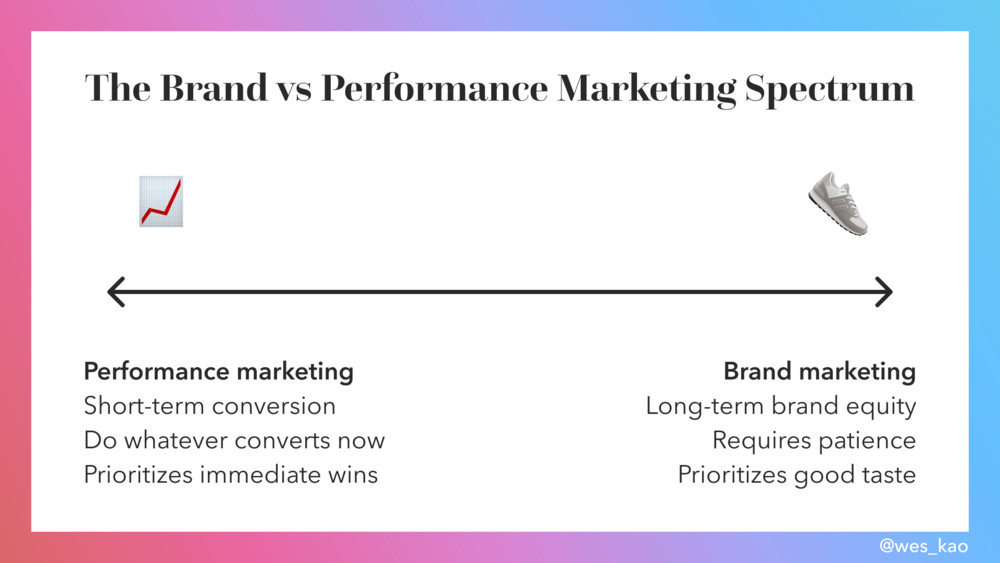We emit insecure vibes when we really want something to work out…but aren’t sure if it will. You might be feeling self-conscious. A little desperate.
Insecure vibes are usually subconscious, which is why it's important to be mindful. You don’t want your worries to become a self-fulfilling prophecy.
If you appear hesitant, doubtful, or anxious…
The other person picks up on it...
Read More



